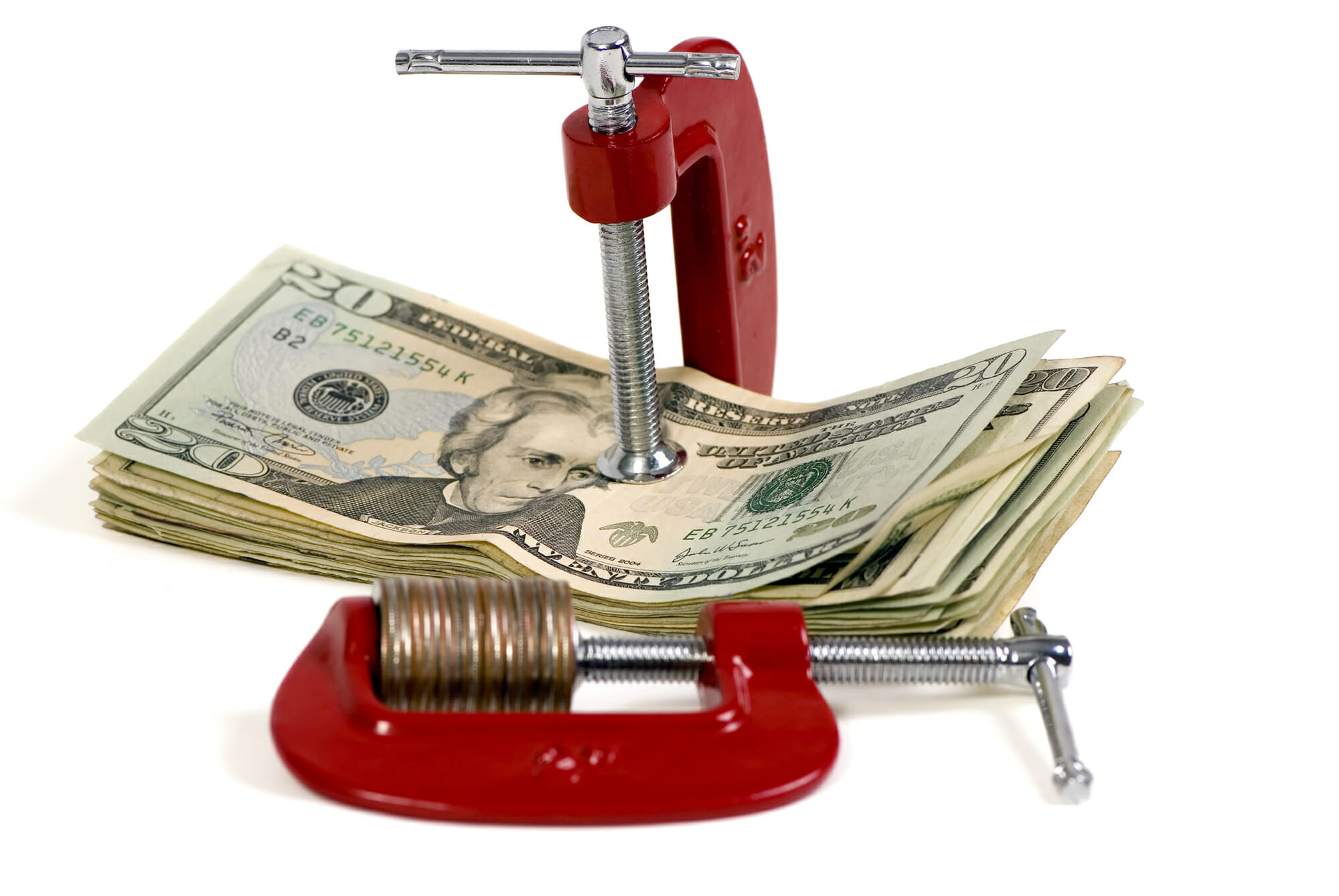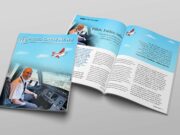Most of you know how your day is going to go as soon as you get out of bed – and for better or worse, you march on. On the better days, your coffee never gets cold, your departures and arrivals are on time, and the workday goes by brilliantly. On the rough days, the obstacles can seem endless: A flat tire on the way to the airport, mechanical issues, and weather delays. But then there are those days that change your life forever. You’re laid off a few years short of retirement, involved in a serious accident, or you suffer a severe health ailment. Whatever the case may be, your career comes to a screeching halt. You now face an unexpected challenge: What will you do now that you’ve been forced into retirement?

Furloughed Close to Retirement
Determine if You Can Afford to Retire. Pilots are in demand, so finding a new position may not be difficult. But do you really need to finish out those last few years before retirement? Many times, with careful planning, you can retire earlier than expected. It’s important to visit with a retirement income planning professional who can evaluate your entire financial life and determine if you have enough income to retire in your desired lifestyle. Health insurance is a necessity. Remember to participate in COBRA as it will take care of you for 18 to 36 months, depending on the situation. In the meantime, find gap coverage between COBRA and Medicare eligibility.
What if You Want (or Need) to Keep Working? If you aren’t ready, or can’t throw in the towel, start the job search and review your liquid cash savings immediately. Call your former employer’s benefits department to understand your health insurance coverage and to find out how you can rollover your retirement funds into a personal IRA. Review all of your fixed costs, and tighten your budget until the clouds part.
Forced into Retirement Due to Disability
If you were to find yourself in a medical disability scenario, you’ll need to contact your benefits group for greater understanding of your disability benefits. Typically, disability insurance covers up to two-thirds of your salary. If you end up on disability, then you won’t have as many cash inflows as you’re normally used to, and this will inevitably alter your retirement savings situation.
In the case of medical disability, benefits will vary from company to company. You would be best advised to seek professional guidance to determine whether or not your company continues to contribute to your retirement account(s), and health insurance coverage. In addition, you may want to consider long-term care insurance as another means of preparation for a serious medical condition. A long-term care event can be the largest risk to your portfolio during retirement years, and most people buy insurance to protect against that risk. Some situations might require downsizing, tapping into retirement accounts early, or other financial tools/strategies such as a reverse mortgage. A specific answer only comes from someone who knows you and all the details of your family’s balance sheet and cash flows.
 Always Be Prepared: 3 Steps to Successful Cash Management
Always Be Prepared: 3 Steps to Successful Cash Management
When you are employed, it’s important to be as prepared as possible for unforeseen circumstances. Key to your success is cash management in the following three areas:
1) Create Emergency Reserves.
When it comes to emergency reserves, most families should have between 3-6 months of regular household expenses available as cash in the bank. Leading up to retirement, it can also make a lot of sense to build up to one year’s salary of non-retirement investment accounts such as an individual, joint, or a trust account. The key strength of this strategy is in how much flexibility it creates. By incorporating the goal of growing your non-retirement investments anywhere from 5-10 years out from your planned retirement, you will increase the size of your safety net and you’ll also be in the best position to optimize tax strategies when you retire.
2) Effectively Manage Debt.
Debt doesn’t do you any favors, and the fact of the matter is that leverage can worsen any period of uncertainty. (Let’s all remember the lessons learned from the financial crisis of 2008.) This is true whether disability lasts a few months or several years until age 65. For that reason, a general priority for those 50 and older should be to reduce all consumer debt, meaning credit cards and vehicle loans. Paying down the mortgage early is often a personal decision, and the best guidance comes from personalized analysis. Cash flow freed up from paying down debt can then be directed to savings, which again is key in those 5-10 years leading up to retirement.
3) Adhere to a Household Budget.
The basic golden rule of budgeting is to spend less than you make. Household budgets are important both pre- and post-retirement. A pre-retirement budget dictates your monthly surplus, which translates to your savings and investments. A post-retirement budget is what can make or break a retirement. Most people have heard the standard rule; having a 4% or less distribution rate on your assets once you retire. We stress smart and sustainable spending patterns when it comes to retirement income planning.
Planning for the unexpected is an impossible task, however you can strive to be financially prepared. Whatever your circumstances may be, it is always advised that you consult a reputable and qualified financial professional who can help you navigate your financial life today and through the turbulent times of tomorrow. ACN






















































